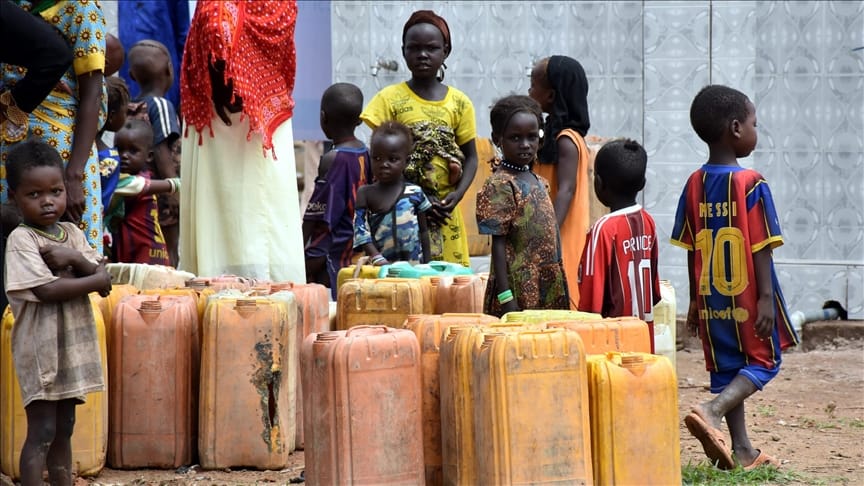Chad is rapidly approaching a humanitarian tipping point, with over 1.5 million people urgently needing access to safe drinking water amid growing shortages and a massive influx of refugees fleeing conflict in neighboring Sudan.
Francois Batalingaya, the United Nations Resident and Humanitarian Coordinator in Chad, delivered a stark warning from Geneva this week. He revealed that many vulnerable populations are surviving on just 5 liters of water per day — far below the internationally recognized minimum of 15 liters needed to maintain health and hygiene. The dire situation is worsened by overcrowded refugee camps and poor sanitation, raising fears of a cholera outbreak. Cases have already been reported within 10 kilometers of the largest refugee settlement in Adre.
“The situation is critical. Without immediate international solidarity and funding, lives will be lost, and the crisis will worsen,” Batalingaya said.
Since conflict erupted in Sudan, more than 850,000 Sudanese refugees have crossed into Chad, joining an existing refugee population of about 400,000. Additionally, nearly 300,000 remain stranded at the border, many exposed to the elements without shelter, clean water, or medical care.
“These people arrive traumatized and hungry, having fled horrific violence including mass killings and sexual assault,” the coordinator said.
Chad’s agricultural lean season has deepened food insecurity, with 3.3 million people now facing hunger — a fourfold increase over the past decade. This intensifies pressure on both refugees and the local communities hosting them.
The UN and 65 humanitarian partners have launched an appeal seeking $1.4 billion to respond to the crisis, but only 9.3% of that amount has been received. Batalingaya stressed that while aid workers continue their efforts on the ground, the lack of funding threatens the ability to scale up life-saving interventions.
The unfolding crisis threatens not just refugees, but also the fragile stability of Chadian host communities already strained by resource shortages.
The international community’s response in the coming weeks will be crucial in preventing a deeper humanitarian catastrophe in Chad and the wider region.



